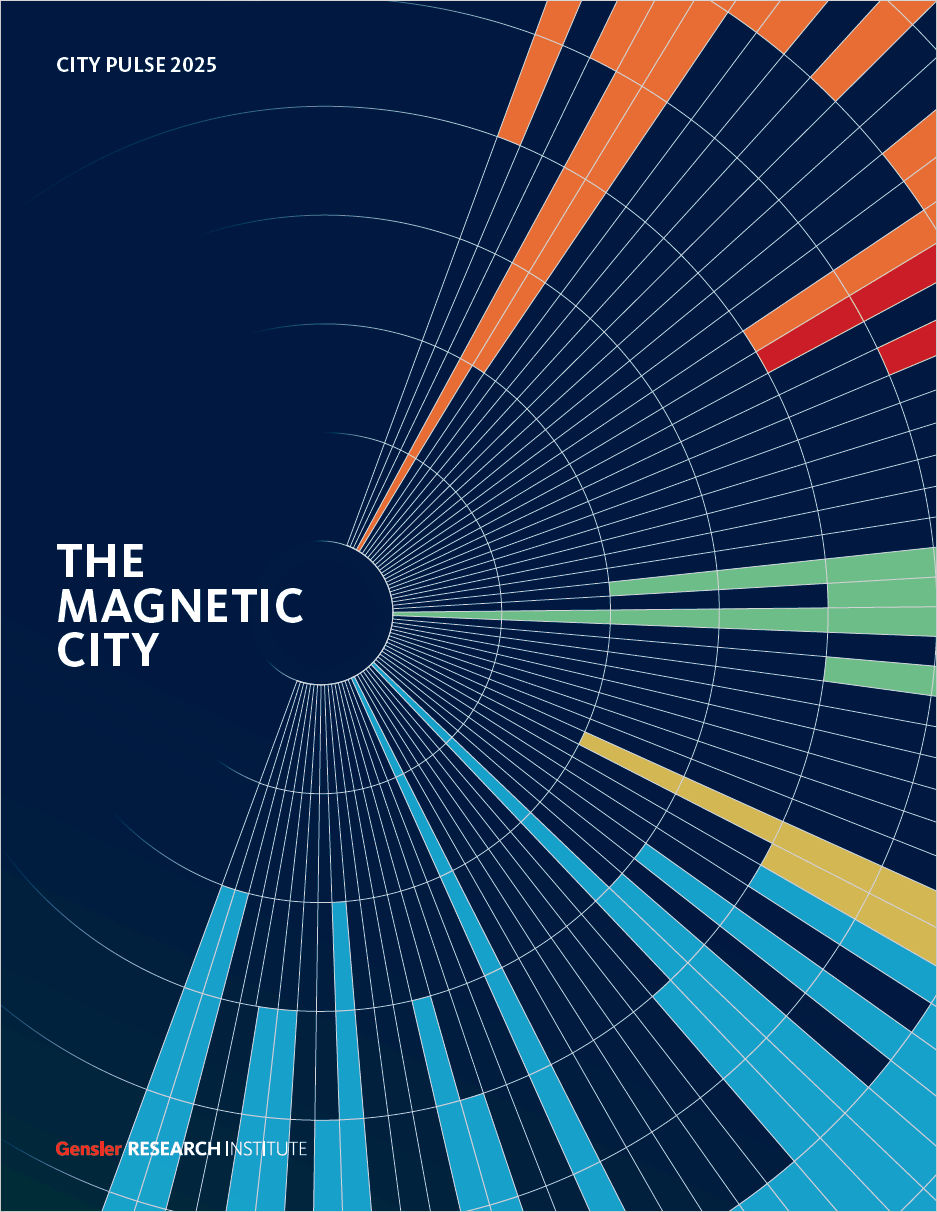City Pulse 2025
GENSLER RESEARCH INSTITUTE
1.I don’t feel bored in my city.
2.I feel at home in my city.
3.I am proud of my city.
4. My city is getting better as a place to age.
5. My sense of belonging has grown over time.

Download Gensler’s City Pulse 2025: The Magnetic City report to learn about the factors that shape urban residents’ decisions to move to, stay in, and leave their current city.